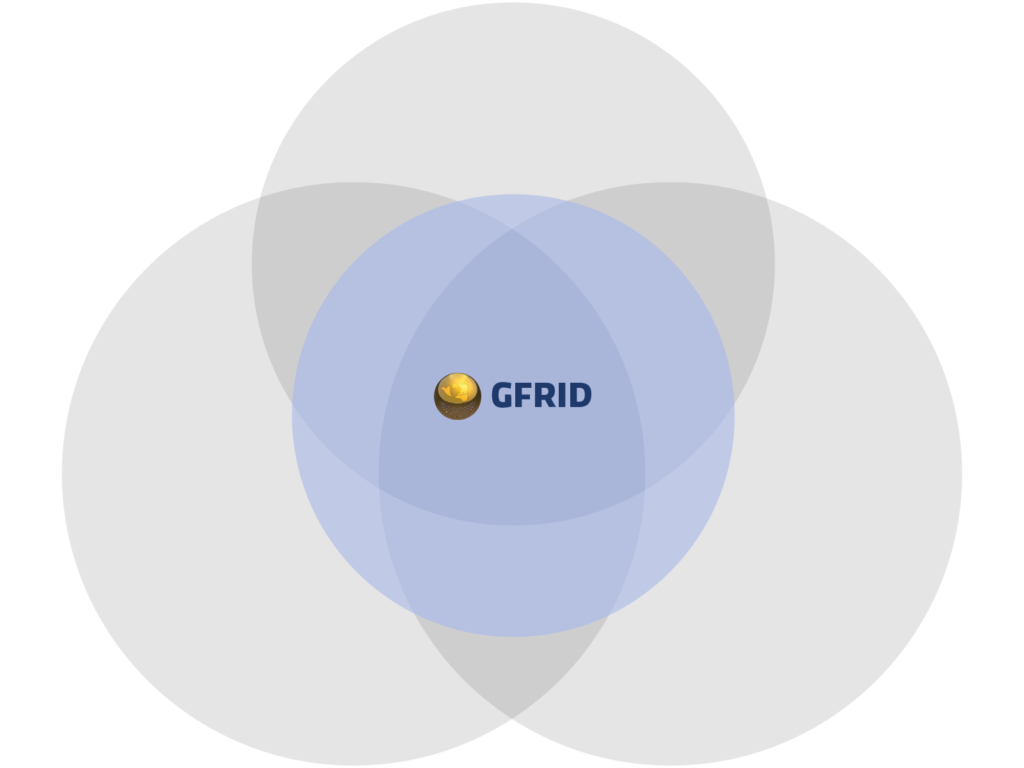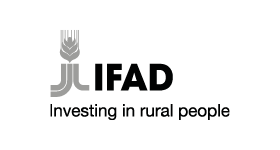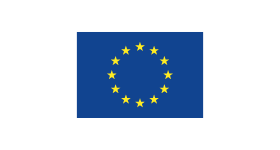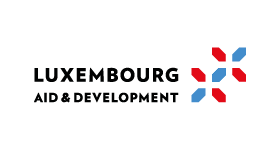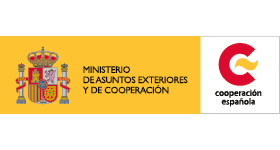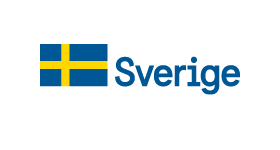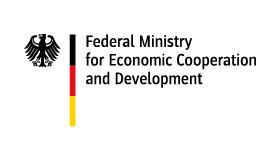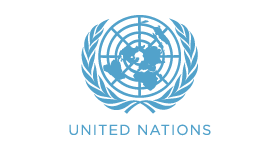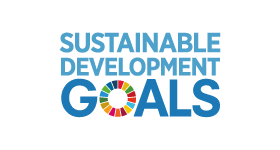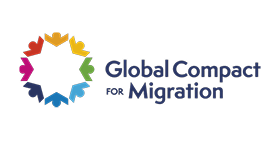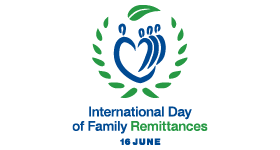The GFRID allows cross-sector stakeholders to share experiences, expertise and to continuously feed the ongoing debate on the importance of remittances for sustainable development. In response to global commitments such as the Sustainable Development Goals (SDG 10.c in particular, on lowering the cost of remittance transactions to 3 per cent), the 2030 Agenda for Sustainable Development and the Global Compact for Safe, Orderly and Regular Migration, the GFRID is highly involved in contributing to global networks by providing solutions, examples and roadmaps for implementation.
News about Global Networks
Events about Global Network
National Networks
Main global networks that GFRID is a part of are:
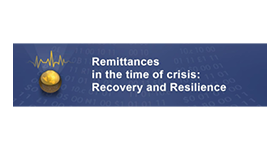
The Remittance Community Task Force (RCTF) was launched by IFAD, through its Financing Facility for Remittances (FFR) in March 2020, in response to the call by the UN Secretary-General for global solidarity within the COVID-19 pandemic.
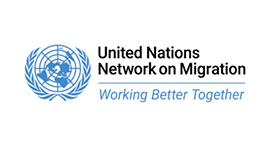
This hub is a virtual “meeting space” for governments, stakeholders and experts to access and share migration-related information and services. Its key features promote interactive knowledge sharing and learning in support of strengthened GCM implementation.
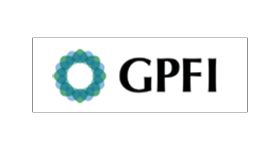
The Global Partnership for Financial Inclusion is an inclusive platform for all G20 countries, interested non-G20 countries and relevant stakeholders to carry forward work on financial inclusion, including the implementation of the G20 Financial Inclusion Action Plan.
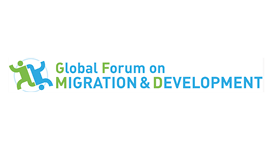
The Global Forum on Migration and Development is a state-led, informal process, which helps shape the global debate on migration and development. Every year, the GFMD has a rotating chairmanship and focuses on different priorities, in response to the global agenda on remittances and migrants’ contribution to development.
Additionally, the GFRID supports the private sector by partnering with the International Association of Money Transfer Networks (IAMTN), GSMA – the global association of Mobile Network Operators – and the International Money Transfer Conferences, among others.

